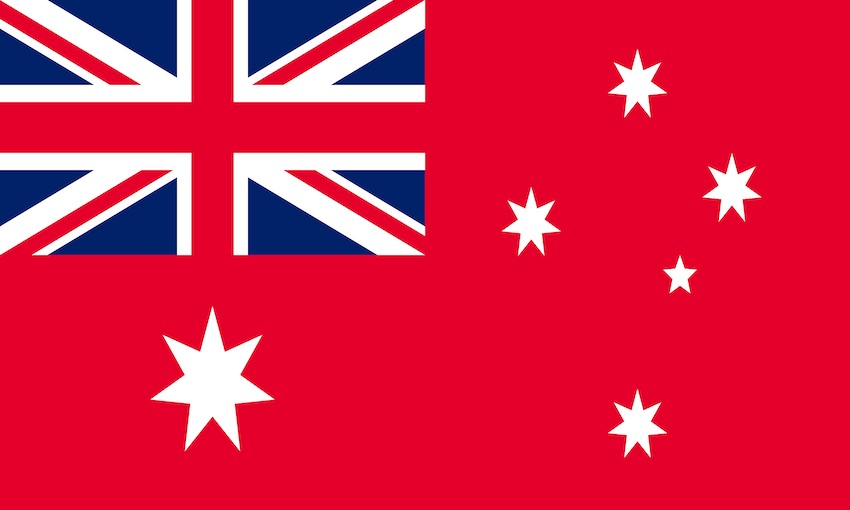THE significant and invaluable contribution merchant seafarers make to Australia’s economy and society, both during wartime and at peace, is being recognised today on Merchant Navy Day (3 September).
During World War II, one in eight Australian merchant seafarers sacrificed their lives — a casualty rate higher than those suffered by any of the armed forces — in an effort to maintain supplies of goods and materials vital for the war effort.
Merchant Navy Day is commemorated each year to remember their sacrifice, marking the anniversary of the sinking of the first Allied merchant vessel during World War II, on 3 September 1939. On that day, the transatlantic passenger liner, Athenia, was torpedoed and sunk just hours after World War II was declared.
According to the Australian Government Department of Veteran’s Affairs, over 3,000 Allied merchant ships were sunk and 30,000 Allied sailors and merchant mariners died at sea in the Battle of the Atlantic alone. The Australian War Memorial estimates that over 800 Australian merchant mariners died in World War I and II.
Maritime Industry Australia CEO Teresa Lloyd said, “On this day we reflect on the important role merchant mariners have played during wartime.
“As we pause to reflect on the sacrifice of Australian merchant seafarers who have lost their lives in the service of our country, we extend our gratitude to all seafarers working today and acknowledge the vital contribution they are making during this pandemic to keep trade moving and the economy ticking.”
She said that today’s seafarers also face incredibly challenging circumstances, not due to war but due to governments around the world locking their borders in the fight against COVID-19.
“Right now, state governments across the nation (except Queensland) have turned their back on basic seafarers needs, and not only tolerate but contribute to their mistreatment.
“They are currently denying shore leave and have made it incredibly difficult to relieve the workers. These circumstances make it extremely difficult for seafarers to access necessary and urgent medical and dental care on Australian shores – as is their unquestionable right to receive, and our responsibility to provide.”
Ms Lloyd said more needed to be done by state governments to facilitate movement of all crew.
Shipping Australia said in a statement to mark Merchant Navy Day, “In the extremes of temperatures, they laboured. In terrible sea conditions, they laboured. Under the fearful gaze of the enemy, they laboured.
“They laboured so we could receive those vital goods, foodstuffs and medicines that were so desperately needed in a time of war.
“And some of them never came home.
“We, today, owe so much to those men who went down to the sea in ships and did business on great waters.”
The Maritime Union of Australia said Merchant Navy Day also highlighted the urgent need to invest in Australia’s declining merchant fleet.
“During the first and second world wars, more than 800 Australian merchant mariners sacrificed their lives for the Allied cause,” MUA national secretary Paddy Crumlin said.
“The role of merchant seafarers remains just as important during peace-time, as they transport the goods and resources needed to keep the Australian economy ticking.
“Unfortunately, very few large trading vessels still fly the Australian red ensign, undermining our economic sovereignty as supply chains become increasingly reliant on foreign owned, crewed and flagged ships.
Mr Crumlin said Merchant Navy Day wasn’t just about remembering the sacrifices of the past, but highlighting the need to revitalise Australia’s shipping industry to ensure it can continue to support the nation’s economic and national security.
“One of the key lessons of World War II was the importance of having skilled, experienced seafarers to maintain supply lines during times of crisis. It is essential that as a nation we don’t forget it.”

